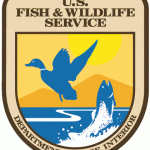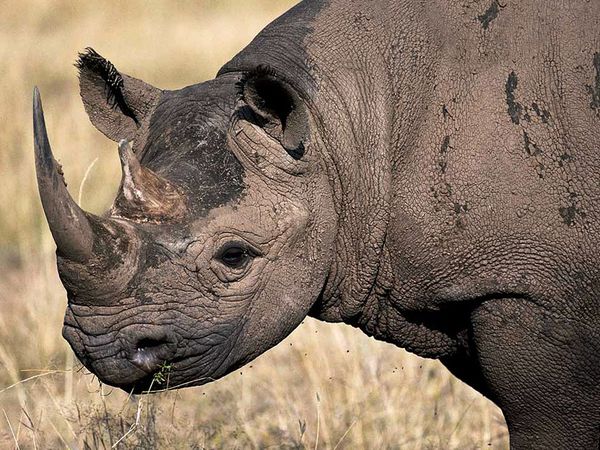 LAS VEGAS — Two California men were indicted today for selling endangered Black Rhinoceros horns.
LAS VEGAS — Two California men were indicted today for selling endangered Black Rhinoceros horns.
Edward N. Levine, 63, of Mill Valley, Calif., and Lumsden W. Quan, 46, of San Francisco, were indicted by a federal grand jury in Las Vegas.
Rhinoceros are herbivores of prehistoric origin and one of the largest remaining mega-fauna on earth. They have no known predators other than humans, according to federal officials.
According to the indictment, over the course of about two months, Quan and Levine negotiated the sale of two black rhinoceros horns by e-mail and telephone, ultimately communicating with a law enforcement officer acting in an undercover capacity.
The indictment further alleges that Quan and Levine offered to sell the two black rhinoceros horns for $55,000 and agreed to meet the buyer in Las Vegas.
On March 19, 2014, authorities allege that after telling another person to drive with the horns from California to Las Vegas, Quan and Levine flew from California to Las Vegas, to make the sale.
Quan met the law enforcement officer acting in an undercover capacity in a Las Vegas hotel room, where Quan sold two black rhinoceros horns for $55,000.
Both men were arrested later that day.
The indictment is a result of “Operation Crash,” a nationwide effort led by the U.S. Fish & Wildlife Service and the Justice Department to investigate and prosecute those involved in the black market trade of endangered rhinoceros horns.
Trafficking in rhinoceros horn has skyrocketed in recent years due to the demand for horn for ornamental carvings, good luck charms or alleged medicinal purposes, officials said.
As a result of this demand, rhino populations have declined by more than 90 percent since 1970. South Africa, for example, has witnessed a rapid escalation in poaching of live rhinos, rising from 13 in 2007 to more than 1,000 in 2013.

